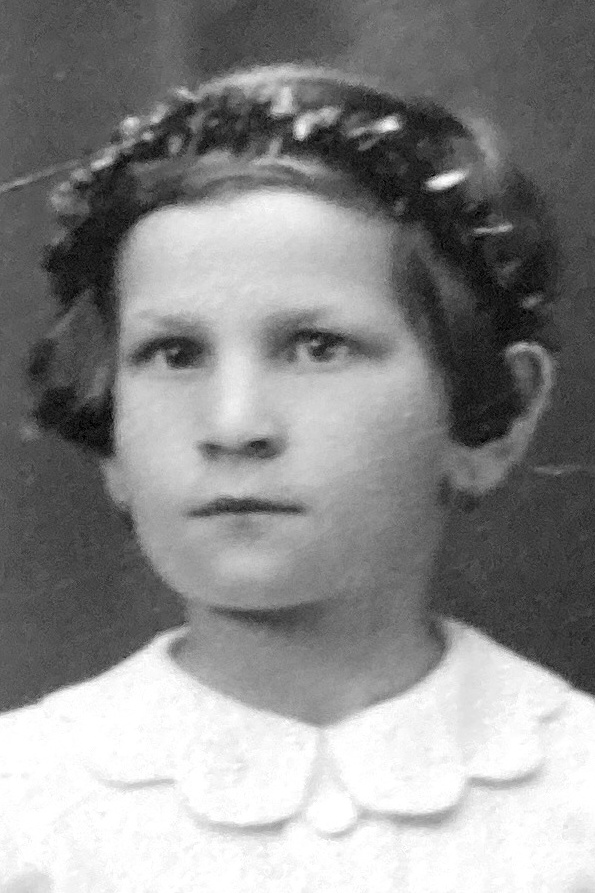She dreamed of dancing at the celebration. Then Hitler came instead of the king

Stáhnout obrázek
Marta Hájková was born on 8 September 1926 in Lhotka near Ostrava. Her father was a gunner in the Oskar mine, her mother took care of the small fields, children and household. Marta Hájková spent her childhood in the conditions of the First Republic in a village located in close proximity to industrial Ostrava. She grew up on the left bank of the Odra River, which separated Ostrava from Hlučín. Like most people in the Hlučín region, called Prajzsko, she spoke a dialect. She started to learn written Czech only in the municipal school. As a result of the Munich Agreement, in the autumn of 1938 Hlučín region fell to the Third Reich and the children had to go to German schools. She remembers when the men from Hlučín joined the Wehrmacht, the boys became members of Hitler‘s youth and the girls members of the German Girls‘ Union. In August 1944, she luckily survived the Allied bombing of Ostrava. In December 1945 she travelled to Vienna to pick up her father from Russian captivity. From 1946 onwards she worked briefly in the Krnov region, where she witnessed the expulsion of the German population. In 2024 she was living in Lhotka.










